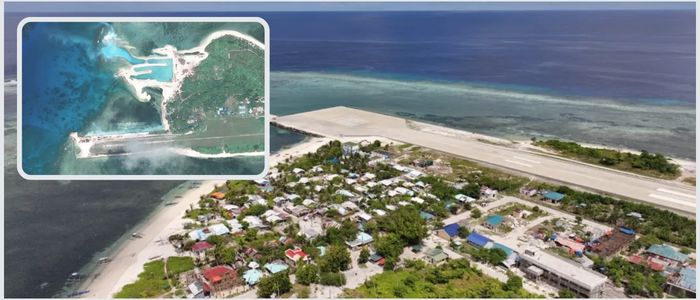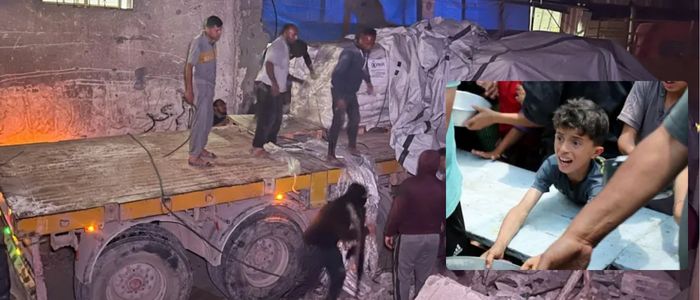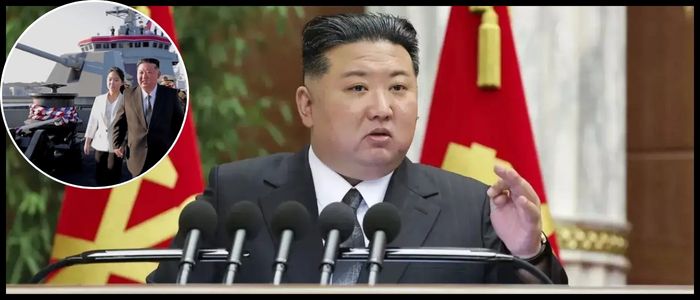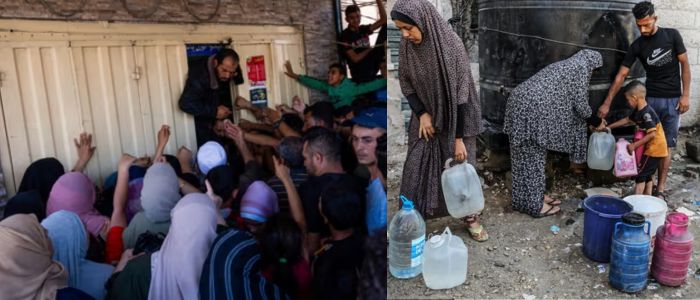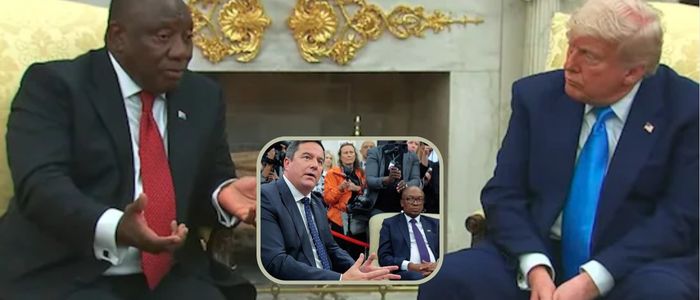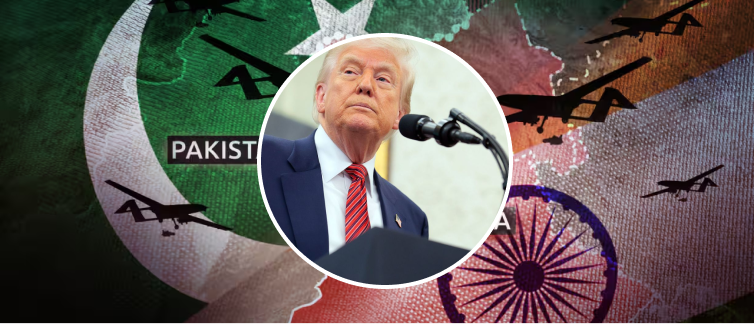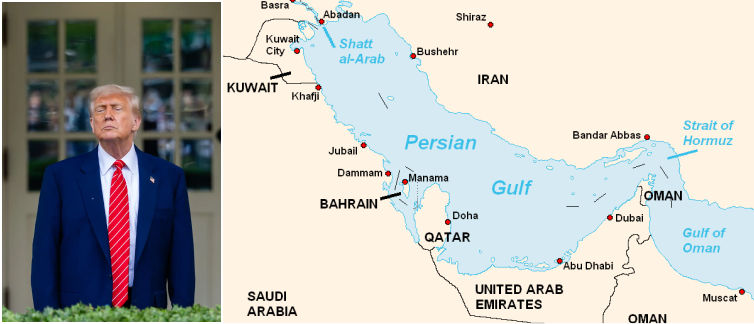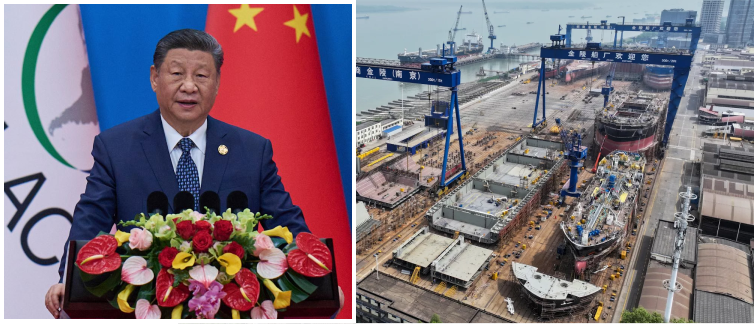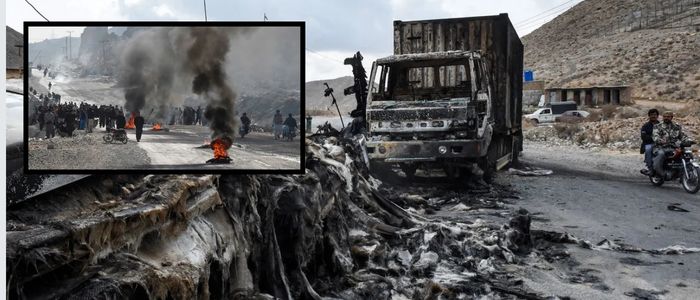Life on a Strategic Outpost
The island, Pagasa Island, is also known as Thitu, and it is claimed by several countries, but the Philippines controls it. The distinction comes in the form of civilians, the only such population on any of the disputed islands. The community resides in little wooden houses, relies on monthly government aid for food and water, and subsists mostly by fishing. With the land being stable and naturally above sea level, Pagasa is entitled under international law to its own 12-nautical-mile territorial sea, affirming the Philippines' standing in the region.
Reaching Pagasa isn't easy. It's a two- to three-day boat ride from Palawan or an hour by plane — both of which can be delayed by inclement weather. Just two years ago, the island's airstrip was extended to 1,300 meters, long enough to receive C-130 transport planes. These planes ferry in crucial supplies, including rice, eggs, mattresses, and even motorbikes, as well as fresh troops. Infrastructure is getting better here by the day, with a new aircraft hangar already up, a control tower under construction, and a harbor being dredged to handle ever larger ships.
The Philippines seized Pagasa in 1971 after the Taiwanese garrison there fled during a typhoon and formally annexed it in 1978. Since then, the government has tried to settle civilians there. Electricity and mobile phones came four years ago. Fishing remains the primary income source, but growing competition from Chinese ships has made this more challenging.
Daily Grind and Increased Pressure
Fishermen like Larry Hugo, an island resident for 16 years, have seen the growing Chinese presence up close. He filmed the building of a Chinese air base on the nearby Subi Reef and a near miss with a Chinese coastguard ship in 2021. These encounters have made him fish even closer to the island, but catches keep getting smaller. "Their ships are vast and threatening. They scare us away. I can't fish where I did before,'' he said.
For the younger generation, life is focused on the local school, a happy place run from a hut that has grown into a full-fledged institution with more than 100 students between kindergarten and high school. "They like the peaceful place, and there are no material things here," said teacher Realyn Limbo, who has been on the island for a decade. "It's like paradise. And it's clean and safe, and the kids get to be outside in nature after class."
Medical services are few. Morales has help from Melania Alojado, a health worker on the island who assists as best she can, but has no training for serious medical emergencies. If someone becomes desperately sick, they must be ferried to the mainland, a journey often slowed by weather or a lack of available aircraft. Yet she values the quiet life and the kind of support her community offers. "We're not exposed to many of the urban stresses. We grow some of the food we eat and have monthly supplies.
While a handful of new homes are under construction, the island has little space, and the vast majority of young people leave when they finish school because they cannot find work. Yet for all the breathtaking scenery and tranquillity, Pagasa feels like a frontline town, keeping watch over disputed waters.
From the air, pilots flying into Pagasa face regular harassment from Chinese forces on Subi Reef. Each time, they are informed that they are entering Chinese territory without permission. "It's been the same over and over," said one pilot. We just answer that this is already Philippine territory."
Holding Their Ground in the Face of Regional Tensions
According to Jonathan Malaya of the Philippines National Security Council, Pagasa is an "indispensable anchor of our sovereignty in the South China Sea. "It has inhabitants, it has a runway, it's possible for life — all that makes the argument that we're making a stronger argument," he said. In the last few years, the government has also taken a tougher diplomatic stance, filing weekly protests over the presence of Chinese vessels in waters it considers its own.
This is a turn from the last administration, which shied away from confronting China over tailpipe emissions in hopes of benefiting economically. Malaya thinks the Philippines will command greater respect if it speaks out clearly and consistently about its rights. "The problem is that with democracies like ours, policy can go one way or the other every time there's a new government in power. "It's something that China is immune to," he said.
Pagasa may be small and far from the capital, but it has steep symbolic and strategic value. And in its quiet streets and modest homes, the community represents a testament to how average citizens are holding the line in an expanding geopolitical rivalry.
Stay informed with Newsbuck – your go-to destination for the latest global news, trends, and updates across politics, entertainment, health, tech, and more. Explore smarter stories every day at Newsbuck.

